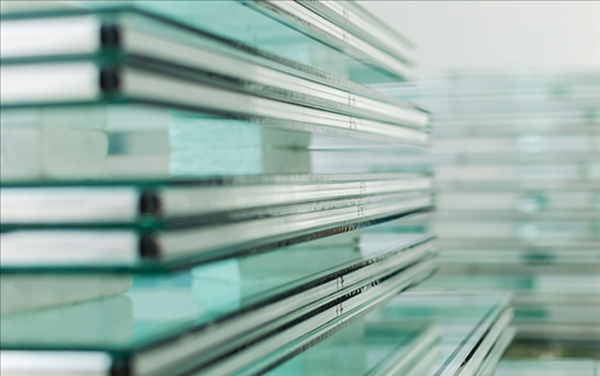The Benefits of Insulated Glass for a Commercial Building
Investing in insulated glass windows can offer a significant return on your investment. Insulated glass windows are more energy efficient, which is great for the environment. The energy efficiency creates fewer greenhouse gas emissions and burns fewer fossil fuels. Northwestern Glass Fab provides custom insulated glass that consistently meets or exceeds the Insulated Glass Certification Council (IGCC) standards. Below are some features and benefits of insulated glass.
What is Insulated Glass?
Insulated glass consists of two or more glass panes separated by a spacer material and then sealed together. The airspace created between the two pieces of glass contains air or a gas such as argon. Argon is denser than air, which can significantly improve the insulating value. Argon gas obtains maximum insulating function for spacer sizes, which are less than a 1/2 inch.
Insulated Glass Benefits
Insulated windows provide many different benefits including:
- Privacy: Double- or triple-paned windows reduce noise entering and exiting a property.
- Energy Efficiency: Newer insulated glass windows can reduce the workload of heating and cooling systems, which can be another money saver. Insulated glass windows reduce the amount of heat that enters a building during summer months, and also reduces the amount of heat that escapes from a building during the winter. Insulated glass units (IGUs) perform even better for conserving energy and complying with local codes. IGUs are designed to keep both commercial buildings and residences warmer in the winter and cooler in the summer.
What To Look For In Insulated Glass
- Low E-Glass. Low emissivity glass (low-E glass) has a thin coating applied to the glass. Sometimes in colder climates, it’s used as the interior piece of glass to reflect heat back into a building. An insulated glass unit with low-E glass reduces ultraviolet and infrared light that passes through a window. This helps control temperature and can help reduce energy consumption. Low-E glass coatings reflect heat much better than they absorb or emit it.
- Insulation. U-Factor measures thermal conductivity. R-Value refers to the resistance of the insulated glass window to heat conduction, and it is the inverse of the U-Factor. Better insulated glass windows have high R-Values and low U-Factors.
- Gas Fill. Using argon or krypton in the airspace provides additional insulation, as this gas is denser than air. Combined with a Low-E glass coating, Argon helps to improve the window’s overall U-Value.
Northwestern Glass Fab Creates Custom Insulated Glass
As a leading glass fabricator, Northwestern Glass Fab has been serving our customers for over 100 years. Climate is a significant factor when selecting the right insulated glass for your project. Windows in northern climates need to focus on keeping the winter air out. For more information about our insulated glass, contact us at 763-762-1750, or message us on our contact page.




